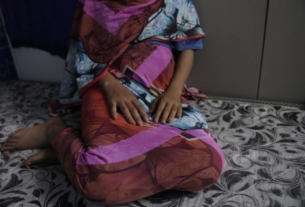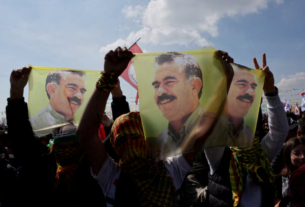Pakistan’s economy is showing signs of recovery, but escalating security threats pose significant challenges. Investors remain cautious as the country grapples with a surge in militant activity, which threatens long-term economic stability. While government-led reforms have helped stabilize financial conditions, the uncertainty caused by terrorism continues to impact business confidence.
The government has introduced a series of economic reforms to boost growth. Key policies include tax incentives for businesses, reductions in energy subsidies, and efforts to curb inflation. These measures aim to create a more investor-friendly environment while addressing fiscal challenges. Foreign reserves have also increased due to a rise in exports and financial assistance from international lenders.
One of the positive outcomes of these reforms is the strengthening of the Pakistani rupee against the US dollar. A more stable currency has helped reduce import costs, making essential goods more affordable. Additionally, the stock market has experienced gains in recent weeks, reflecting improved investor sentiment. Despite these economic improvements, inflation remains a concern.
Another area of focus has been energy production, as power shortages have long been a major issue for businesses. Increased power generation has helped industries reduce costs and improve efficiency. The government’s efforts to enhance energy infrastructure are expected to support further economic growth in the coming years.
However, the country’s economic progress is being overshadowed by growing security threats. A recent wave of terrorist attacks has disrupted business activity, raising concerns about stability. Several regions, particularly Khyber Pakhtunkhwa and Balochistan, have witnessed an increase in militant violence.
These attacks have targeted both civilians and security forces, prompting authorities to intensify counterterrorism operations. The military has launched operations aimed at dismantling terrorist networks, with security forces making several high-profile arrests.
The deteriorating security situation has led to uncertainty among foreign investors. Many companies are hesitant to expand operations in Pakistan until stability improves. The business community has urged the government to prioritize national security, emphasizing that economic growth depends on a safe and predictable environment. Investors need confidence that their businesses will not be disrupted by violence or instability.
Despite these challenges, some sectors continue to show resilience. Pakistan’s exports have improved, particularly in the textile and agricultural industries. Trade agreements with China and Middle Eastern countries have provided new opportunities for businesses, helping to strengthen international trade relations. The real estate market has also shown signs of recovery, with lower interest rates encouraging investment in housing projects.
Another key factor supporting the economy is remittances from overseas Pakistanis. These inflows remain strong, helping to sustain household spending and economic activity. The government recognizes the importance of these remittances and is working on policies to ensure a steady flow of foreign currency into the country.
Moving forward, Pakistan’s economic outlook will depend on balancing growth with security. The government has announced plans to introduce further economic reforms focused on job creation and infrastructure development. However, these efforts will be undermined if security concerns are not effectively addressed. Investors and businesses need a stable environment to plan for the future, and without long-term security measures, economic progress could be derailed.
The coming months will be critical in determining Pakistan’s economic and security trajectory. The government must act decisively to maintain reforms while taking aggressive action against terrorism. The success of these efforts will shape the country’s future, influencing both investor confidence and the overall stability of the nation.




